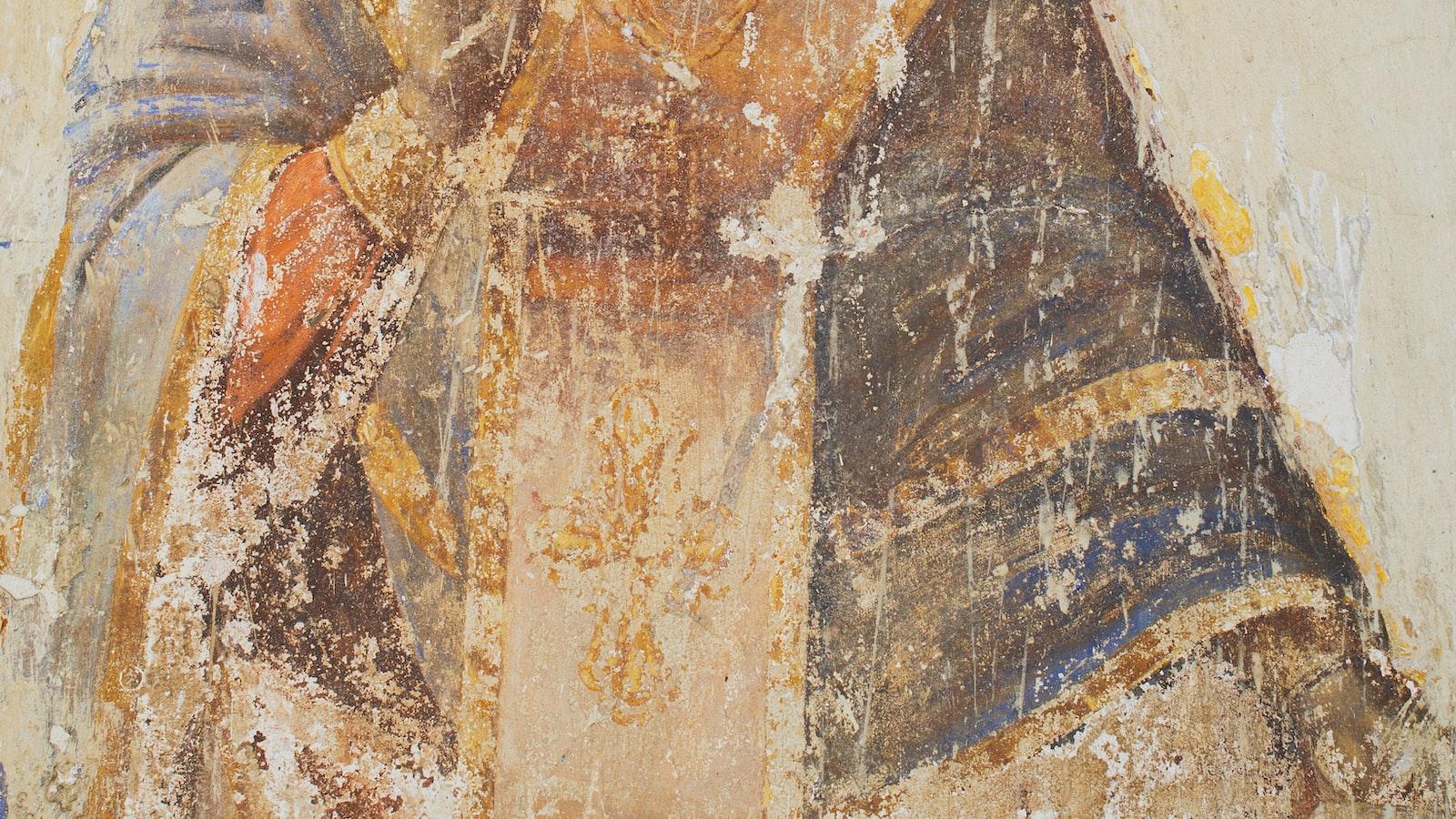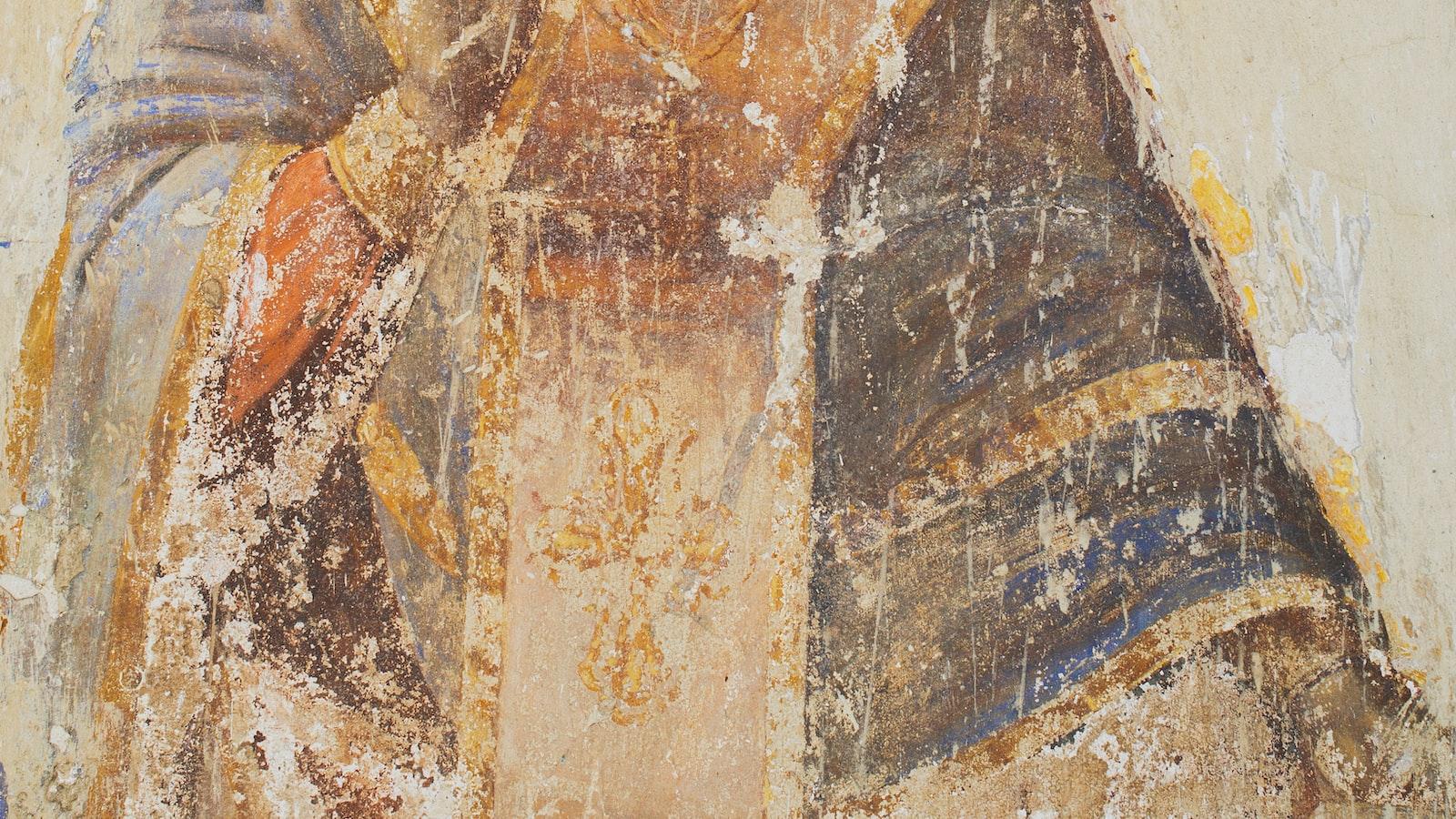Hey there! Have you ever wondered about the biblical meaning of 20? Well, buckle up because we’re about to take a deep dive into this fascinating topic. In this article, we’ll explore the significance of the number 20 in the Bible. So, if you’re curious to learn more, let’s get started!
1. The Significance of the Number 20 in the Bible: A Practical Guide
The number 20 has great significance in the Bible and understanding its meaning can provide valuable insights into biblical teachings and stories. While often overlooked, this number appears in various contexts throughout Scripture, representing different concepts and themes. In this practical guide, we will explore the biblical meaning of 20 and how it relates to the overall message of God’s Word.
One significant aspect of the number 20 in the Bible is its association with maturity and completion. In biblical times, a person was considered to reach adulthood at the age of 20. This idea is reflected in numerous instances, such as the Israelites’ journey from Egypt to the Promised Land, which lasted 40 years—symbolizing two generations or two periods of maturity.
Furthermore, the number 20 is closely connected to redemption and deliverance. In the Old Testament, the Israelites were instructed to offer a redemption price of 20 shekels for males between the ages of 20 and 60. This payment served as a symbolic act of buying back something that had been lost or taken away, highlighting the concept of liberation and freedom.
Another notable significance of the number 20 is its representation of waiting and testing. Jacob, one of the patriarchs in the Bible, served his uncle Laban for 20 years in order to marry Rachel, the woman he loved. This period of waiting and perseverance exemplifies the biblical principle of patience and trusting in God’s timing for His promises to be fulfilled.
Key Themes Associated with the Number 20:
- Maturity and completion
- Redemption and deliverance
- Waiting and testing

2. Exploring the Symbolic Meaning of Number 20 in Biblical Context
In biblical context, numbers hold great symbolic significance. Each number represents a unique meaning and carries a divine message. Number 20 is no exception, as it appears multiple times throughout the Bible, reinforcing its significance. Let us delve deeper into the symbolic meaning of number 20 in the biblical context and uncover the hidden messages it carries.
1. Perfection and Completion:
- Number 20 holds the symbolism of completeness and perfection in biblical numerology.
- It is the product of 2 (representing partnership) and 10 (signifying divine order and completion).
- Thus, number 20 symbolizes the fulfillment of God’s divine plan and the perfect harmony between human and divine.
2. A Time of Waiting:
- In the Bible, the Israelites wandered in the wilderness for 40 years.
- During this time, Moses sent spies to explore Canaan for 40 days.
- Interestingly, 20 represents half of the 40 days, signifying a time of reflection, waiting, and preparation.
3. Maturity and Wisdom:
- The age of adulthood in Hebrew culture was considered to be 20.
- At this age, individuals were expected to take on responsibilities and demonstrate maturity.
- With this symbolism, number 20 emphasizes the importance of spiritual growth, gaining wisdom, and taking on the mantle of leadership.
4. Redemption and Renewal:
- In the Bible, the Year of Jubilee was proclaimed every 50 years, which signifies liberation, redemption, and the renewal of all things.
- As 20 is half of 40 (representing a period of testing and trials), it can also be seen as a time of redemption and the beginning of a new, liberated chapter.
In conclusion, number 20 holds a deep symbolic meaning in the biblical context, representing perfection, completion, waiting, maturity, wisdom, redemption, and renewal. Its significance reminds us of the divine order and the importance of spiritual growth as we navigate through life’s trials and embark on new beginnings.

3. Unveiling the Hidden Messages Behind the Number 20 in Scripture
Throughout the Bible, numbers carry significant symbolic meanings that provide deeper insights into the divine teachings. The number 20 is no exception, as it holds great significance in Scripture. Delve into the biblical meaning of 20 and unravel the hidden messages intertwined within this numerical representation.
I. Forty Years: When examining the number 20, it is impossible to ignore its connection to the concept of time. In the Bible, 20 years represents a generation or a span of time measuring a complete cycle. An intriguing example is the Israelites’ wandering in the wilderness for 40 years, signifying two generations. This profound duality emphasizes the transformative nature of time and highlights the importance of learning from the past to shape a better future.
II. Divine Order and Authority: Within the numerous references to the number 20, we encounter the establishment of divine order and authority. In some instances, it symbolizes a period of waiting and preparation for a new beginning. For instance, Jacob dedicated 20 years of his life working for his father-in-law, Laban, before he was able to establish his own household. This illustrates the significance of patience, perseverance, and the alignment of divine timing in the fulfillment of one’s purpose.
III. Redemption and Restoration: The number 20 also points to redemption and restoration. In the Bible, God instructed the Israelites to offer their firstborn animals as sacrifices once they reached 20 days old. This act served as a symbolic representation of redeeming the firstborn and consecrating them back to God. The number 20 thus reminds us of the divine power to bring restoration and wholeness to our lives, highlighting the need to surrender and allow God to work in us.
IV. Spiritual Maturity and Anointing: In certain instances, the number 20 implies spiritual maturity and anointing. This can be observed when David ascended to the throne at the age of 30 after reigning in Hebron for 7 years and 6 months. The combination of these three time periods (20 + 7 + 6) signifies the culmination of individual growth, divine preparation, and a deep-rooted anointing. It serves as a testament that spiritual maturity often comes after undergoing refining processes and embracing God’s timing.

4. Surprising Facts About the Biblical Interpretation of Number 20
The Bible holds a wealth of symbolism and hidden meanings, and numbers play a significant role in its interpretation. Number 20 is no exception, carrying a remarkable significance throughout biblical narratives. Here are four that shed light on its deeper spiritual meaning.
1. Human Completeness:
Number 20 is often associated with the concept of human completeness or perfection. In biblical numerology, it is thought to represent the completion of a full generation. This can be observed in the story of Moses and the Hebrews wandering in the desert for 40 years, as recorded in the book of Numbers. According to biblical scholars, the 20 years represents the time when a person is fully matured and prepared to enter into their destiny.
2. Divine Authority:
In the Bible, the number 20 is also linked to divine authority and judgment. It marks the time of testing and purification before entering a new phase of God’s plan. For instance, the Israelites were under Philistine oppression for 20 years until Samson, a judge chosen by God, arose to deliver them. This suggests that number 20 symbolizes the reign of God’s authority and his ability to overthrow oppressive forces.
3. Symbol of Redemption:
Another fascinating aspect of number 20 in biblical interpretation is its association with redemption. Jesus Christ’s ministry lasted approximately 20 years, commencing from his baptism by John the Baptist to his crucifixion and resurrection. This demonstrates the significance of number 20 as a symbol of redemption, emphasizing the sacrifice made for humanity’s salvation and eternal life.
4. Spiritual Renewal:
Number 20 also signifies spiritual renewal and restoration. In the Old Testament, the Year of Jubilee occurred every 50 years, during which debts were forgiven, slaves were set free, and ancestral lands were returned to their original owners. However, on the 20th year of the Jubilee cycle, a special anointing was given for supernatural renewal and consecration. Thus, number 20 represents a unique time of divine favor and spiritual rejuvenation.
And there you have it—the biblical meaning of 20! From the times of old to the pages of the Bible, this number has held significance, symbolizing completeness and a sense of maturity. Whether it’s the 20th year of a king’s reign or the significance of 20 generations, it is clear that the number 20 carries weight in biblical texts, inviting us to reflect on the importance of growth, development, and unity. So, next time you come across this number in the Holy Scriptures, take a moment to appreciate the deeper meaning behind its presence. It’s fascinating how even the smallest details can hold powerful messages within the Bible.
